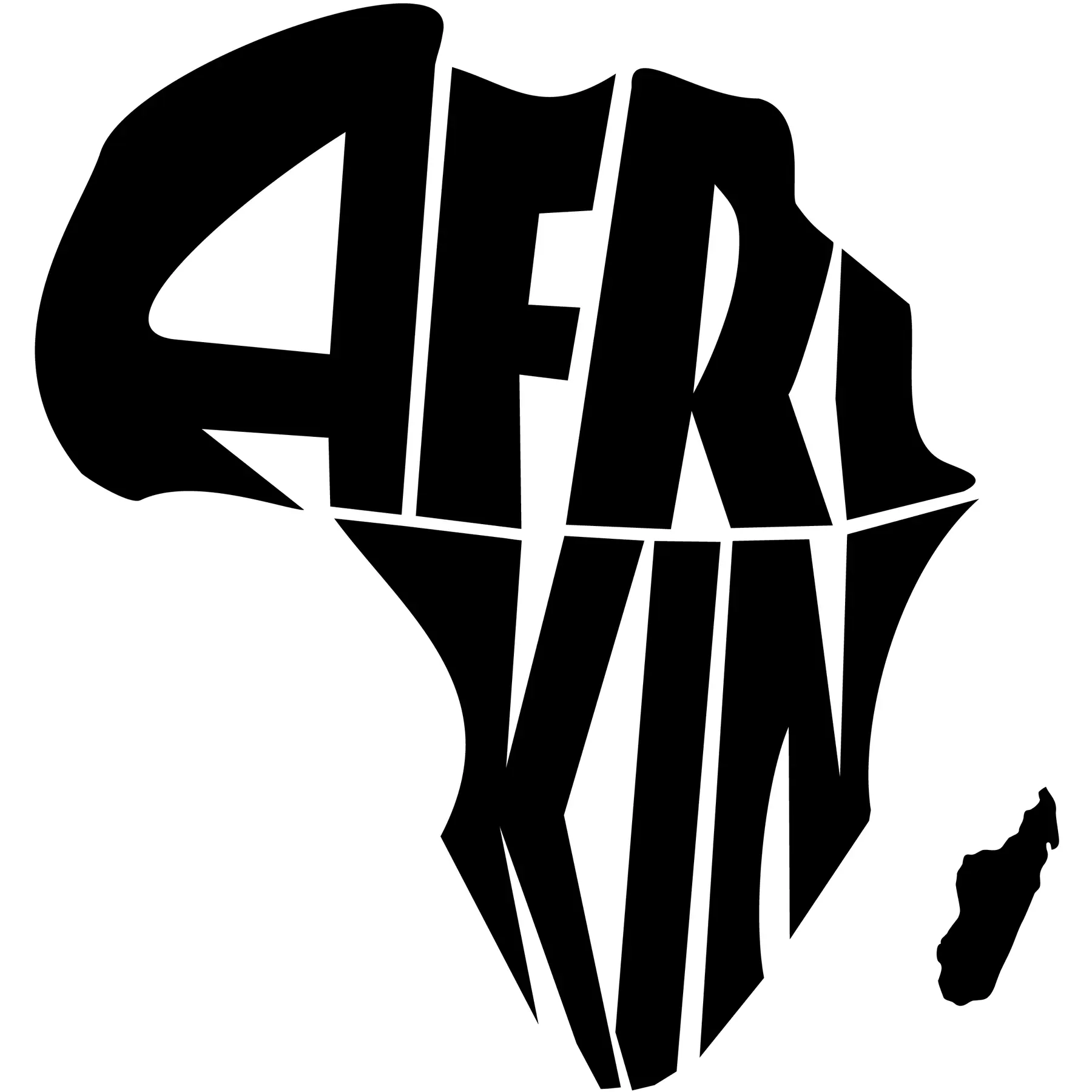Marketing Gone Wrong: The Dark Side of Propaganda and Its Lingering Impact on Communities
In the realm of marketing, campaigns are often designed to shape perceptions, drive behaviors, and ultimately, achieve a desired outcome. However, history has shown that when the power of marketing is wielded unethically, the results can be catastrophic, leaving lasting scars on communities and cultures. This article delves into three of the most infamous marketing campaigns in history, which, despite achieving their goals, resulted in profound tragedy and hate. We will also explore what we can learn from these campaigns to inform future marketing strategies, particularly in light of the current challenges facing arts organizations like AfriKin Art Fair 2024.
1. Christianity on Africa and Slavery
The Christian missionary campaigns in Africa, particularly during the colonial period, were marketed as noble endeavors to “civilize” and “save” African souls. However, these campaigns served as a cover for the brutal exploitation and enslavement of African people. The missionaries often portrayed Africans as heathens in need of salvation, thereby justifying the inhumane treatment and systematic dehumanization that followed.
Impact and Harm
Cultural Erasure: Traditional African beliefs, languages, and customs were suppressed or destroyed, leading to a loss of cultural identity.
Slavery: The missionary narrative was used to rationalize and facilitate the transatlantic slave trade, resulting in the forced migration and enslavement of millions of Africans.
Generational Trauma: The legacy of these campaigns has left deep psychological and socio-economic scars on African communities, which continue to struggle with issues of identity and reparative justice.
Lessons Learned
Do: Promote respect for diverse cultures and foster mutual understanding.
Don’t: Exploit cultural differences for economic or political gain.
2. Hitler on the Germans/Jews and the World
Adolf Hitler’s propaganda machine was a masterclass in manipulative marketing. Through skillful use of media, symbols, and rhetoric, Hitler created a narrative of Aryan superiority and Jewish inferiority that galvanized a nation towards genocide and global conflict.
Impact and Harm
Holocaust: The systemic extermination of six million Jews and millions of others, including Romani people, disabled individuals, and political dissidents.
World War II: The campaign’s success in rallying a nation around a destructive ideology led to a conflict that caused unprecedented global devastation and loss of life.
Enduring Hate: The ideologies propagated during this period have had a lasting impact, contributing to ongoing hate worldwide.
Lessons Learned
Do: Use media responsibly to promote inclusive and ethical messages.
Don’t: Manipulate fears and prejudices for political or ideological purposes.
3. America on the Natives and the World
The United States’ marketing of westward expansion and Manifest Destiny painted a picture of noble pioneers bringing civilization to the wilderness. In reality, this narrative justified the systematic displacement and genocide of Native American populations.
Impact and Harm
Cultural Genocide: The deliberate destruction of Native American cultures through forced assimilation policies, such as the boarding school system.
Land Theft: The expropriation of Native lands and resources, leading to lasting economic disadvantages for Native communities.
Historical Injustice: The false narrative of the “vanishing Indian” has perpetuated stereotypes and ignored the resilience and continued presence of Native peoples.
Lessons Learned
Do: Acknowledge and respect the rights and histories of indigenous populations.
Don’t: Use propaganda to justify colonial or expansionist policies.
The Power of Art in Education and Empowerment
As we reflect on these dark chapters in history, it becomes clear that ethical marketing is crucial in shaping a just and equitable society. The AfriKin Art Fair 2024, with its theme “Threads of Life and Fragments of Time,” aims to use the arts as a medium to enlighten and empower communities. This mission is more critical than ever, especially in the face of recent budget cuts to arts funding in Florida.
Art is not a luxury but a vital tool for education and empowerment. It has the power to challenge narratives, foster empathy, and inspire action. By investing in the arts, we invest in the future of our communities.
The catastrophic outcomes of unethical marketing campaigns throughout history serve as stark reminders of the power of propaganda. As we develop marketing strategies for the future, it is imperative that we prioritize ethical considerations, respect for cultural diversity, and the promotion of inclusive messages. The AfriKin Art Fair 2024 embodies these principles, demonstrating that through art, we can educate, empower, and ultimately heal our communities. In a time of financial uncertainty, it is crucial that we continue to support and advocate for the arts as a means of fostering a more just and enlightened society.
Keep us in mind. No donation is too small. Click the link to donate.
Alfonso Brooks
Founder, AfriKin Foundation

